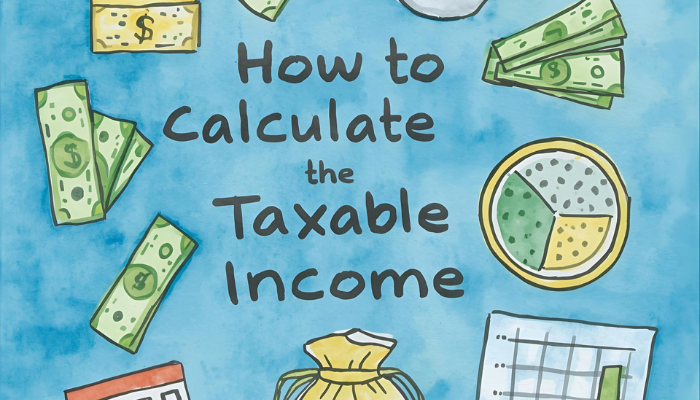
What is Simple and Compound Interest?
Do you know what is simple and compound interest? The extra money paid on a loan or earned over time from savings is known as interest. You pay interest to the lender when you take out a loan. The bank gives you interest when you deposit money into a savings account as a perk for retaining your funds.
The interest rate is typically stated as a percentage, like 4%. Nevertheless, how much you make or pay depends on how this interest is computed. L&Y Tax Advisor further explains what is simple and compound interest – two primary forms of interest.
What is Simple Interest?
The easiest way to calculate interest is with simple interest. It is predicated on the principle, which is the initial loan amount or deposit. You pay or earn the same amount each period since this interest is constant. The following formula may be used to calculate simple interest:
Simple Interest = P × r × n
Where:
- P = Principal amount (the original sum borrowed or invested)
- r = Annual interest rate (as a decimal)
- n = Number of years the money is borrowed or invested
Read: Can a CPA be a registered agent?
What is Compound Interest?
Because compound interest accumulates over time, it is more complicated than simple interest. It is computed regularly, and the subsequent interest computation depends on the updated total each time interest is applied to the principal. Stated differently, you receive interest on both the initial sum and the accrued interest.
The formula for compound interest is:
Compound interest = P × (1+r)^t – P
- P = Principal amount
- r = Annual interest rate
- t = Number of years interest is applied
Read: What is a VAT number in the US?
Which is Better: Simple or Compound Interest?
Depending on whether you are borrowing or saving money, you can choose between simple and compound interest.
- Compound interest is preferable for investing or saving since it increases your money quickly over time.
- Simple interest is better if you’re borrowing since the total interest you pay will be lower.
The Bottom Line
You can make wiser financial decisions if you know what is simple and compound interest. To get the most out of your savings, seek accounts that pay compound interest. If you are taking out a loan, strive to get one with simple interest to save money. If you understand these ideas, you can prepare for the future and handle your money more sensibly.
Read: What is an industry accountant?


